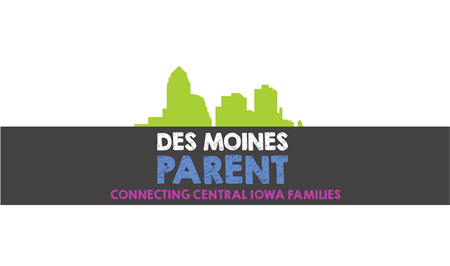Sharing is caring!
Television episodes, movies, and social media often portray mental health counseling with an altered perception that is often inaccurate. Many parents are unsure about the mystery of children’s therapy and are hesitant because of common “myths” they have heard of. Have you heard these myths? We have too.
1) “Therapy is for children with serious issues”
Your child doesn’t need to be diagnosed with a mental health disorder in order to seek therapy. Therapy can benefit a wide range of issues. Many therapists specialize in working with children who have more common relationship struggles or are facing issues that are more common in society, such as learning disorders, divorce, stress, or adjustment problems.
2) “I don’t want anyone finding out my child is receiving therapy”
Licensed Professional Counselors follow strict confidentiality guidelines and aren’t allowed to contact someone about your children’s therapy without your prior permission, including schools and doctors. Exceptions to these rules are in emergency situations such as disclosure of physical or sexual abuse, suicide attempts, if your child plans to hurt someone, or if the files are subpoenaed by a court.
3) “Why pay for therapy when I can get advice from other parents?” ,”Therapy is common sense”, and “I don’t want someone telling my child what to do”
While the importance of the support and encouragement of family and friends can never be undervalued for children, an unbiased professional can give your child insight into issues and greater understanding in relationships. Mental health professionals are specifically educated in the dynamics of relationships, in the greater understanding of various concerns, and help to understand reasons behind feelings and behaviors. A therapist won’t tell you or your child what you “need to” do. In fact, therapists follow strict ethical guidelines and most times don’t give what is typically called “advice”.
4) “Therapy is too expensive”
Costs of therapy vary based on a number of factors. Many therapists will work to meet you at your needs-level. If a therapist is unable to accommodate your needs, he/she can refer you to a therapist who can. Many health insurance companies are able to compensate.
5) “The therapist will think I’m a bad parent”
Seeking help for problems means taking action. In fact, parents who seek out help for issues before they become more deep-rooted have insight and inner strength as parents. Much the same as physical health and going to see a doctor, it can be difficult to heal your child on your own when they’re sick. A therapist is there to encourage you as a parent and provide helpful techniques. There are many reasons behind children’s behaviors and feelings, and therapists understand how stressful parenting can be.
Guest Post Provided By Nicole Liudahl. Nicole is a Licensed Professional Counselor and Registered Play Therapist living in Texas. She was born and raised in Sioux City, Iowa. www.nicoleliudahl.com
Erin Huiatt
Erin is a reliable resource and stepping stone for women and families to find support and make connections within our community. She wants families to feel confident to reach out and ask for help and advice to get pointed in the right direction. She enjoys traveling and exploring with her two children in tow!







That’s good to know that a pediatric therapist could help a kid whos parents are divorcing deal with the stress that comes from that. My wife and I are considering divorces, and I wouldn’t want my kids to be negatively impacted by it. I should consider taking them to see a therapist if they show signs of emotional or mental distress if we end up getting divorced.